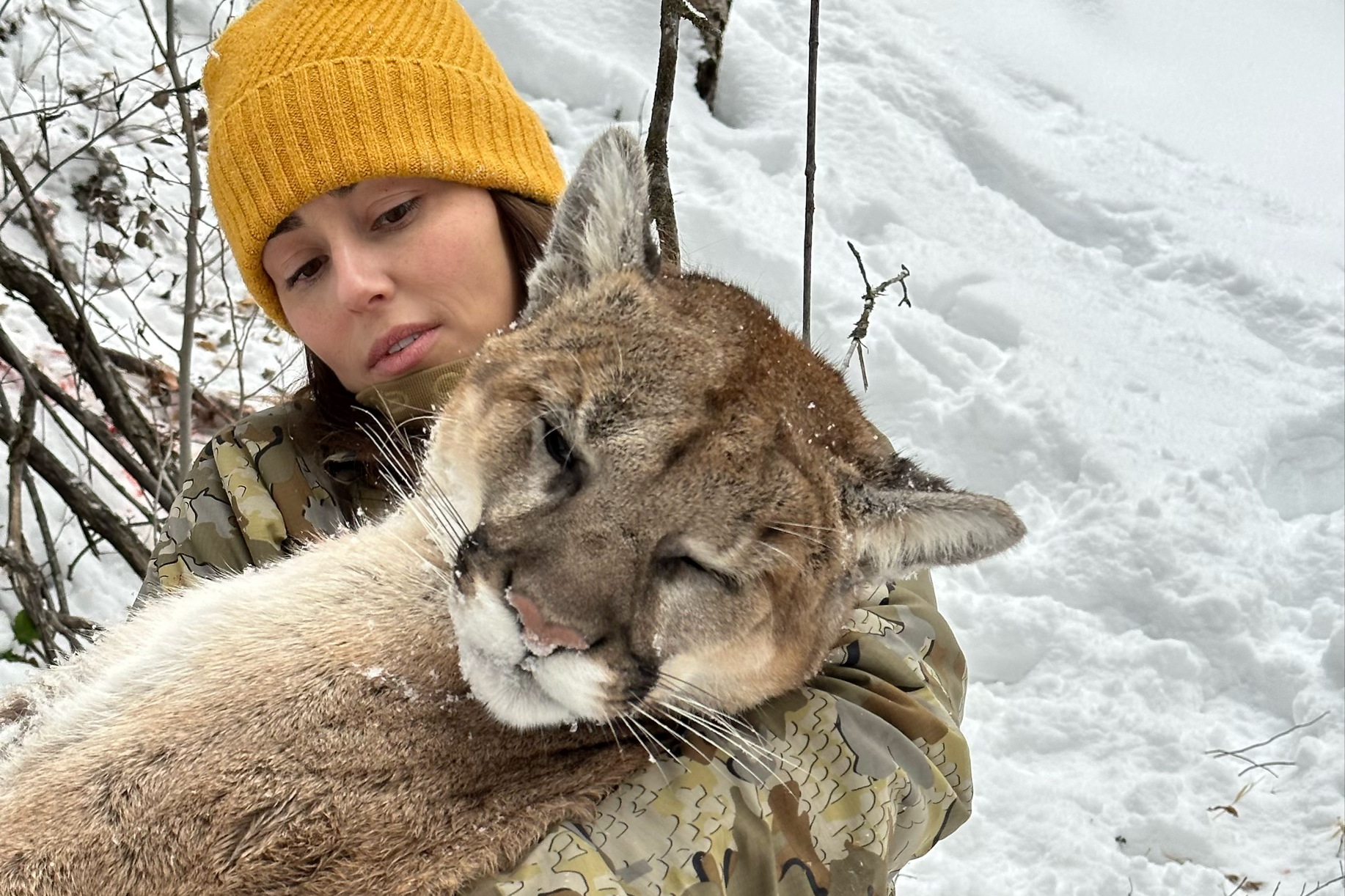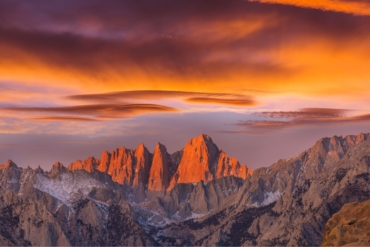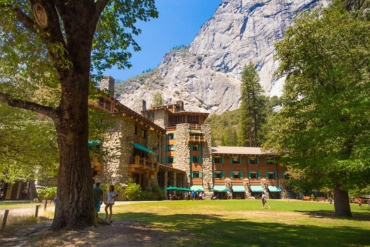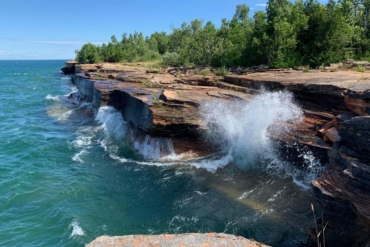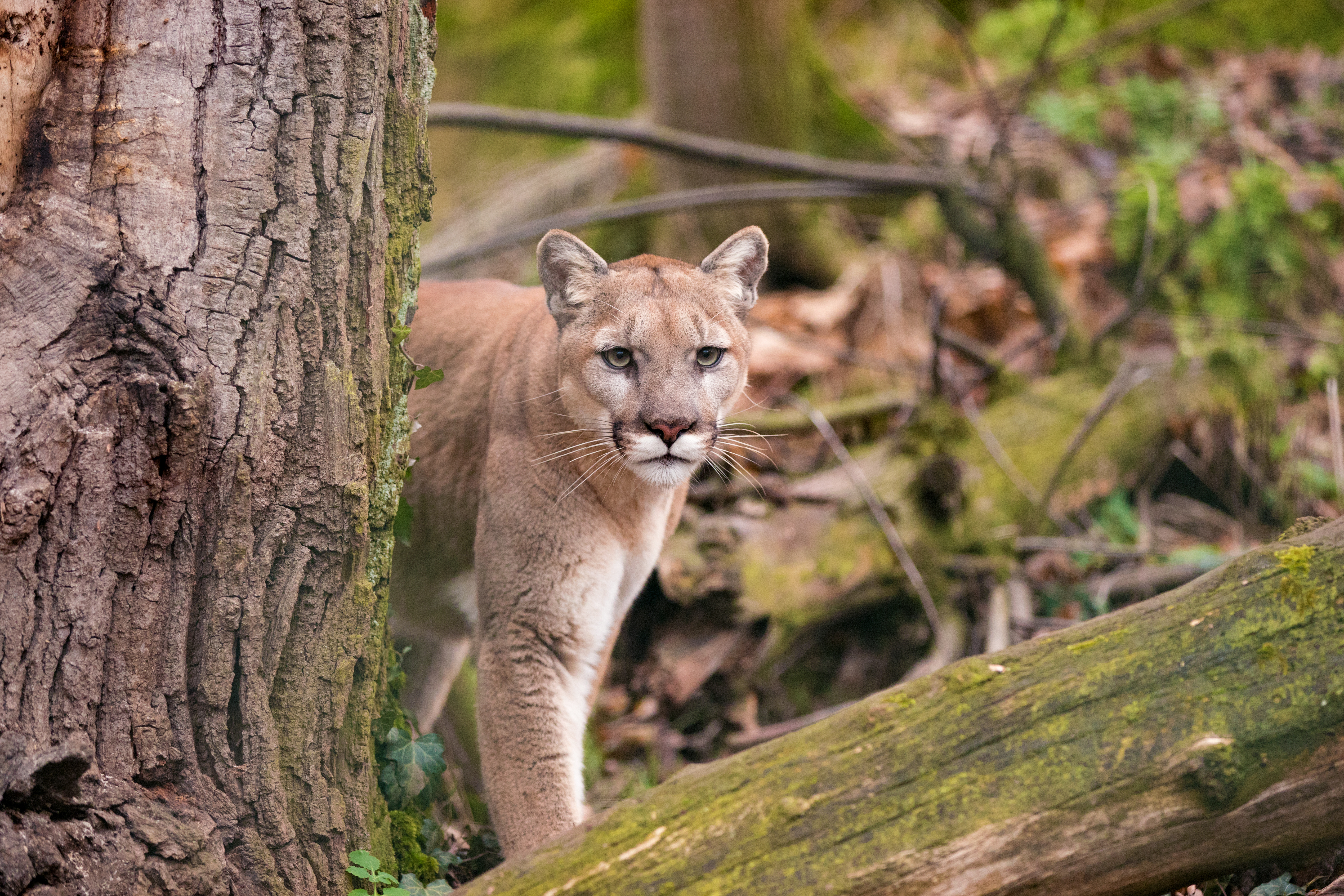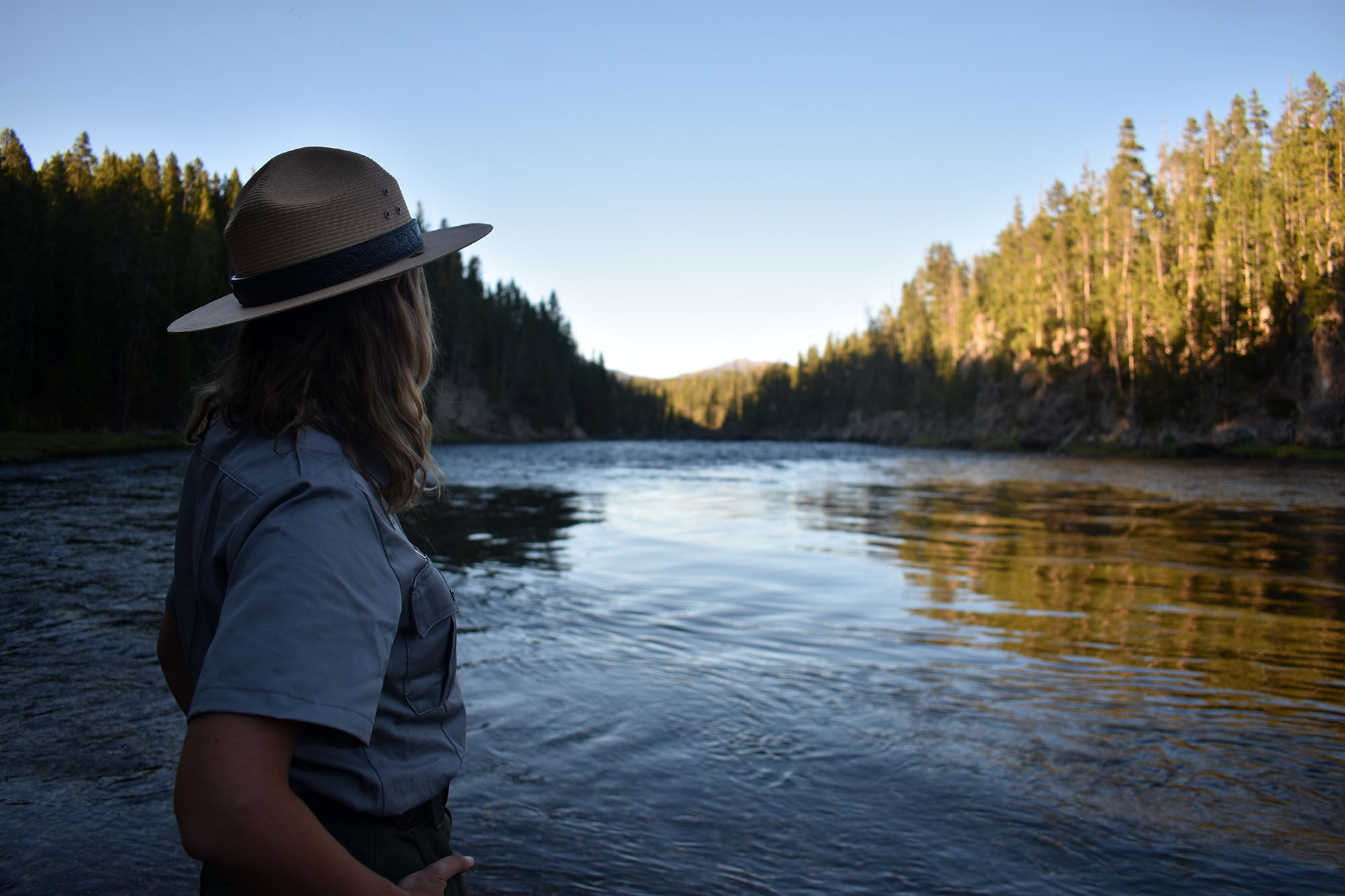Dear Carole Baskin,
I cannot believe I’ve just written those words.
My name is Rachelle Schrute, and I am the Hunt & Fish Editor here at GearJunkie. I’m writing this open letter to you in an attempt not only to correct a few of your misunderstandings but also to help educate others you may have misinformed.
I read your opinion piece in the Denver Post titled, Big cat hunting in Colorado is not for meat, in response to the 2024 ballot initiative that seeks to ban Colorado mountain lion and other wild cat hunting.
In just three simple paragraphs, you left me bewildered. Your article is full of falsehoods and false equivalents and needs to be corrected. As such, I’d like to educate you, not only as a hunter myself but also as a conservationist, a proponent of science-based wildlife management, and a consumer of mountain lion meat. Yes, you read that right. I very much eat, and enjoy, mountain lion meat.
“I write to shed light on a subject that is often overlooked in discussions about trophy hunting and trapping of mountain lions and bobcats in Colorado — consumption of their meat. Proponents of these activities may argue that the meat is used, but the reality is far from it. Mountain lion and bobcat meat is not inspected by the USDA, posing a potential public health risk. The meat could harbor zoonotic diseases, which can transfer from animals to humans, creating untold health risks.“
— Carole Baskin, “Big cat hunting in Colorado is not for meat”
Falsehood: Mountain Lion Meat Is Unsafe Because It Is Not USDA-Inspected
Fact: The USDA Does Not Inspect Wild Game Meat of Any Kind

I am a hunter. My partners and I spent a large chunk of the winter hunting mountain lions. I hunt them for many reasons, but the primary reason is the meat. It is, without question, my favorite wild game meat.
But beyond my personal preference for this delicious, healthy, sustainable meat — let’s take a step back and look at how blatantly wrong your statement is, and how misleading it is to non-hunters.
It is illegal for hunters to sell their wild game meat, not because it is unsafe, but to protect wild game populations.
The North American Model of Wildlife Conservation strictly prohibits the selling and commercialization of hunted wild game. This prevents hunters from profiting from the product of the hunt.
These laws were not always in place, and I’d like to remind you of a time when wild game was the primary food eaten by many people living in North America.
From prehistoric times, through colonialization, and until the 1900s, wild game was a primary food source for many people. And wild game was sold as meat in North America until the Lacey Act of 1900 made it illegal.
The Lacey Act banned the sale of wild game not because the meat is dangerous, but because it is so good and was so profitable, that animals were being hunted into oblivion. In 1900, illegal commercial hunting threatened many game species in the United States. The act criminalized the transport and sale of this meat, protecting the animals and launching a conservation movement spearheaded by hunters that saw the resurgence of wild game populations through the 1900s.
Your statement that wild game is dangerous because it is not inspected is false. Wild game is not inspected because it cannot be sold. Thus, the USDA doesn’t inspect any hunted meat in the United States. That includes deer, elk, bear, or any other species. Millions of Americans eat this meat every year, as well as wildly caught fish and foraged foods.
The Federal Meat Inspection Act (FMIA), Poultry Products Inspection Act (PPIA), and Egg Products Inspection Act (EPIA) require the United States Department of Agriculture (USDA) to inspect all amenable livestock, poultry, and egg products offered for sale in commerce.” — USDA.GOV
Falsehood: Wild Game Meat Is Dangerous
Fact: Commercially Farmed Meat Is Responsible for Far More Illnesses
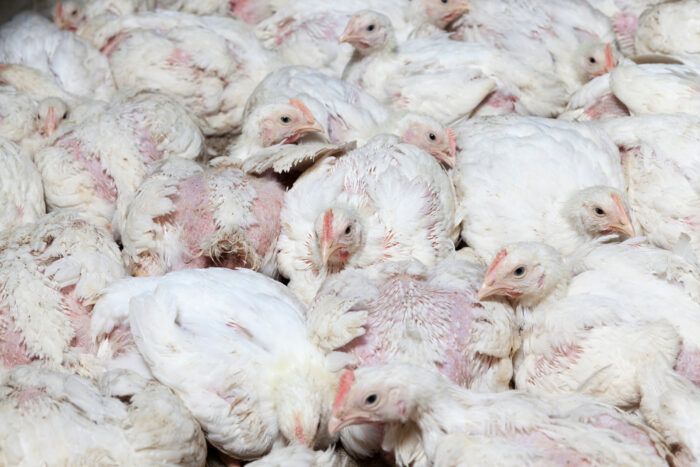
I have some unfortunate news. Eating chicken is actually a leading cause of death worldwide. No single food source has been linked to more illnesses than chicken, a protein source vigorously inspected by the USDA. Are you also against the selling and consuming of chicken?
I don’t think it’s even necessary to dive into Mad Cow Disease at this point.
Wild game meat, properly harvested by hunters, is one of the safest and healthiest meats a person can consume.
This isn’t to say that there isn’t a risk of illness from wild game. There are zoonotic diseases that can be transferred from wild game meat to humans. That is the reality of any meat. To say wild game meat is any more dangerous, well, the stats just don’t back that up.
Your argument about food safety is patently false. And I’d like other non-hunters to understand; that wild game is nutritious, delicious, and the main reason that most hunters head to the woods each season. Wild game is, in almost every sense, safer than your plastic-wrapped chicken breasts.
“Further, you won’t find mountain lion or bobcat meat on the menu in any restaurant that considers itself part of a civilized society. The very notion evokes a sense of disgust because it’s fundamentally at odds with our ethical and social norms. The primary motivations for hunting these animals are not for food but for sport and profit, often leaving families of these beautiful creatures orphaned and vulnerable.“
— Carole Baskin, “Big cat hunting in Colorado is not for meat”
Falsehood: Hunters Are Only Motivated by Sport and Profit, as Meat Invokes Disgust
Fact: Hunters Have a Multitude of Motivations, Mine Being Meat and Management

Do you know what they say about assumptions? You just can’t assume a hunter’s motives, particularly if you aren’t one.
I’ve already covered why “you won’t find mountain lion or bobcat meat on the menu in any restaurant that considers itself part of a civilized society.” The reason is that it is illegal. It has nothing to do with disgust. The commercialization of wild game meat was devastating to our wild populations.
See, Carole Baskin, your disgust and mine are quite different. I find that profiting off wild cats in cages quite disgusting, personally.
What I don’t find disgusting is mountain lion meat. All of the arguments of politics, ethics, and wildlife management aside:
MOUNTAIN LION MEAT IS DELICIOUS.
The State of Colorado requires hunters to harvest the meat of the cats they hunt. Whether you like it or not, mountain lion meat is my favorite wild game meat. I’ve said that publicly far before this conversation even began. It is light and lean, comparable to a cross between pork and chicken. I’ve yet to meet anyone who’s tried it and finds it unpalatable. Nothing is disgusting about the meat from a mountain lion.
“The absence of mountain lion and bobcat meat in our food system isn’t a mere coincidence; it’s a reflection of both the potential dangers and a societal consensus that recognizes the grim implications of such consumption. Colorado’s ballot initiative to ban trophy hunting and trapping of wild cats offers an opportunity to align our laws with both public health interests and ethical standards. Let’s make the choice that benefits us all, including the wildlife we share our state with.”
— Carole Baskin, “Big cat hunting in Colorado is not for meat”
Falsehood: Mountain Lion Hunting Is Bad for Wildlife
Fact: Wildlife Management Is a Necessary Component of Modern Life

I’ve already explained why bobcat and mountain lion meat isn’t found in the food system. It’s because it is illegal and has nothing to do with “potential dangers” or “grim implications of consumption.” Unfortunately, these are simply your opinions made without just information or any facts.
But here’s where I’ll agree with you, sort of.
“Let’s make the choice that benefits us all, including the wildlife we share our state with.”
I agree. Let’s make a choice that benefits us all, including the deer population.
Wildlife management has to happen. Because humans have expanded into wild areas, we have no choice but to manage the wild populations to prevent overpopulation, winter death, and unfortunate human-animal interactions.
Obviously, life doesn’t work out exactly as it does on paper, but let’s look at some numbers and the implications of a ban like this. Hang with me here. This next part might be boring …
Proper Wildlife Management: A Balance With Serious Implications
The quota set on mountain lion harvests in Colorado for this season sits at 674.
Let’s just assume the quota is filled each year (it isn’t). The ballpark estimate for how many “deer-sized animals” a mountain lion kills and eats each year is right around 50, give or take. That means that if this ban goes into effect, there will be 674 lions that go on to kill around 50 deer each next year. That is 33,700 fewer deer in Colorado … in one year.
Let’s now assume that half of those cats are female. These cats will have a litter every 2 years, and that litter will consist of one to six cubs. We’ll just average that at three, to make my math easier.
By the second year of the proposed ban, there could be an additional 1,000+ mountain lions in Colorado in addition to the already spared 674 cats. Their impact on year two would be 84,250+ additional deer killed in that year alone.
This ban would likely be responsible for collectively killing off more than 117,950 deer in the first 2 years. That is just about 30% of the estimated post-hunt deer population in Colorado.
What do you think will happen when wild food supplies dwindle and mountain lion populations grow? These cats won’t starve. They’re smart and resourceful animals. They will resort to hunting in the backyards of Colorado. If you think a cat won’t eat your dog, you’re wrong.
In Closing, My Dear Carole Baskin …
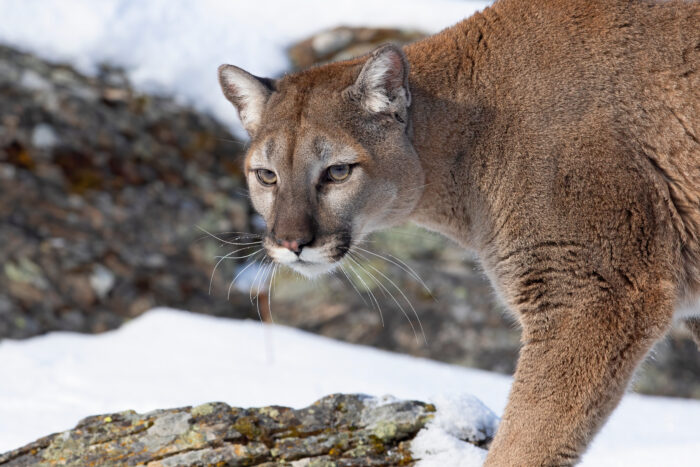
You have given a hierarchy to cats over other wildlife and any science-backed wildlife management principles. You’ve done so using a completely false narrative based on emotions and, in my opinion, money. I could see how I might be swayed to write a little op-ed about saving cats if my entire income came from profiting from the animals, as yours does.
The reality is that wildlife management should not be based on emotions or money, but instead on science, statistics, historical data, and what biologists decide is best for our wild populations.
These emotional outbursts of “save the animals” do far more damage to the animals than I’m sure you’d care to take credit for.
I’m asking you, as a conservationist, to reconsider your words and the damage they could cause to all of Colorado. I can only hope this proposed ban does not go through. It would be heartbreaking to all those who truly love wildlife, hunters and not. The lasting impact could and would be dire.
Here’s to protecting that which we all love.
Sincerely, in every sense of the word,
